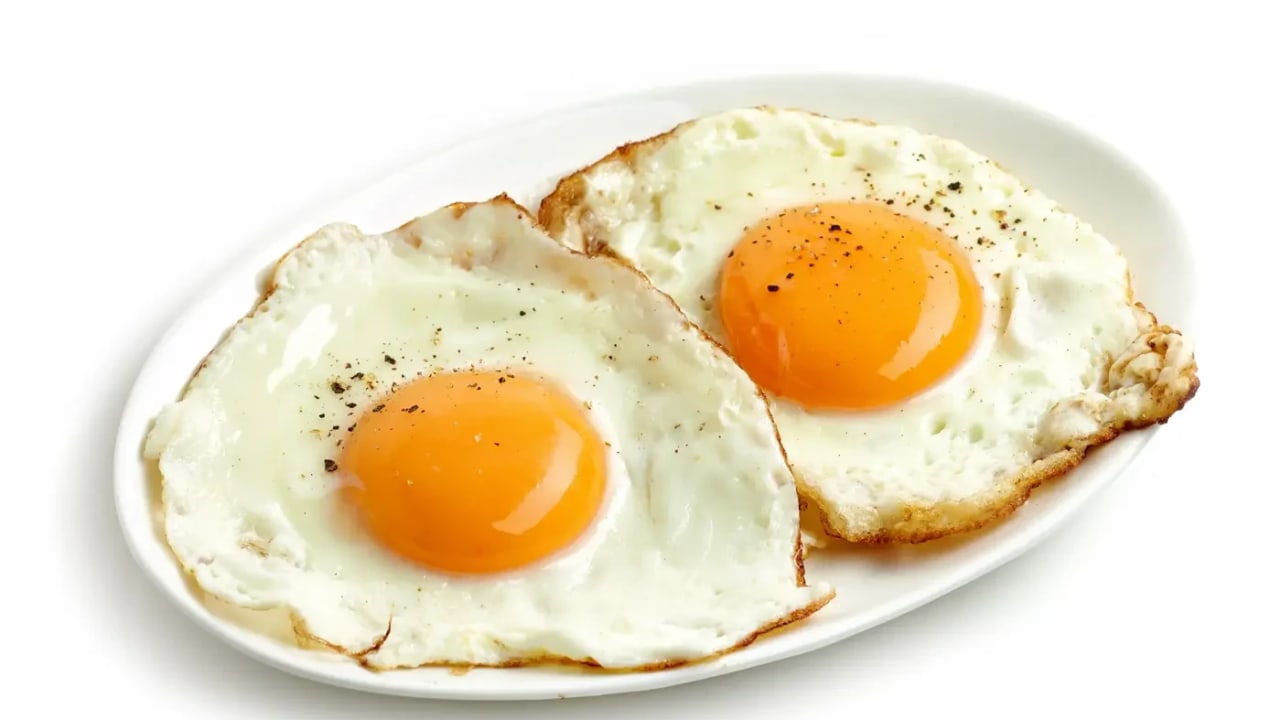Jerusalem Post
ByDR. MAYA ROSMAN
In the past, eggs were considered a food that raises cholesterol levels, but now it is revealed that the truth lies somewhere in between.
For many years we were warned: “Don’t eat too many eggs – it will raise your cholesterol,” but in scientific studies – the picture in recent years has changed, and significantly. So how many eggs are really allowed to be eaten? The answer: It is much less clear-cut than it seems.
In many recent studies, including large meta-analyses published in the American Journal of Clinical Nutrition and BMJ Nutrition, Prevention & Health, it has been found that egg consumption – even 1-2 per day – does not increase the risk of cardiovascular disease in the general population.
In fact, some studies have even found a positive link between eating eggs and an improved blood lipid profile.A study including over 200,000 participants from 50 countries found no link between egg consumption and mortality or heart disease, even among those who ate more than 7 eggs per week. The researchers noted that the findings were consistent – with no increase in cholesterol levels or cardiovascular risk.
The conclusion? It’s not the quantity that’s the problem, but the overall quality of the diet and lifestyle.
Eggs (credit: SHUTTERSTOCK)
Why eat eggs?
Eggs have nutritional advantages that are hard to beat: They contain the highest quality protein of all food protein sources. The biological value of egg protein is 100 – the highest, even more than meat, fish, or dairy products. The protein in eggs supports muscle building, strengthening the immune system, preventing hair loss, and more.
Advertisement
The yolk (yellow part) contains most of the vitamins, minerals, fat, and even more protein than the white. The white mainly contains water, with some protein and calories. Therefore, most people are recommended to eat one egg per day, and vegetarians can even include 2-3 eggs per day as part of a balanced diet.
What about cholesterol?
In the past, it was believed that cholesterol from food necessarily raises blood cholesterol. Today it is clear that this is not always true, not in every case, or for every person: Cholesterol levels in the body are mainly influenced by internal production by the liver, not just diet.
Advertisement
Often, cholesterol increase is due to excess weight, diabetes, or genetic background – not necessarily from one egg per day.
Even those with high cholesterol can consume one egg per day or intermittently – according to personal dietary guidelines.
Which egg is the healthiest?
The color of the yolk – whether yellow or orange – mainly comes from what the hen eats. Some feed mixtures contain coloring (natural or not) that turn the yolk deep orange. But the yolk color has no effect on the nutritional value or quality of the egg.
Even between a brown egg and a white egg – there is no nutritional difference. The shell color depends only on the breed of the hen – and does not affect the egg’s contents, taste, or quality.
Organic eggs come from hens that receive organic, non-sprayed feed and do not receive routine medications.
Free-range eggs come from hens kept in more spacious cages and sometimes allowed to roam outside. Nutritionally, there is no significant difference between regular eggs, free-range eggs, or organic eggs. The difference is mainly ethical – related to the treatment of animals.
Pancakes (credit: Katrin Primak, SHUTTERSTOCK)
The way the egg is prepared
Hard-boiled, omelet, pancake – or even a brown egg – their nutritional value is almost identical.
Cooking time does not harm important nutrients, and in some cases even improves their availability. Here’s a brief explanation:
Protein – not destroyed by cooking. Heat only changes its structure (a process called denaturation), but in the body, it is broken down into amino acids in the same way. Even with long cooking – the nutritional result is almost identical.
B vitamins – like B2 (riboflavin), B5 (pantothenic acid), and B12 – are heat-resistant and only break down at very high temperatures. Omelets or pancakes do not harm them.
Iron – found in the yolk, very heat-stable. Not destroyed by cooking, even prolonged.
Zinc – also a mineral not sensitive to heat, well absorbed even after high-heat cooking.
Vitamin D – relatively stable, mainly in the yolk. Preserved even with gentle cooking like omelets or baking.














